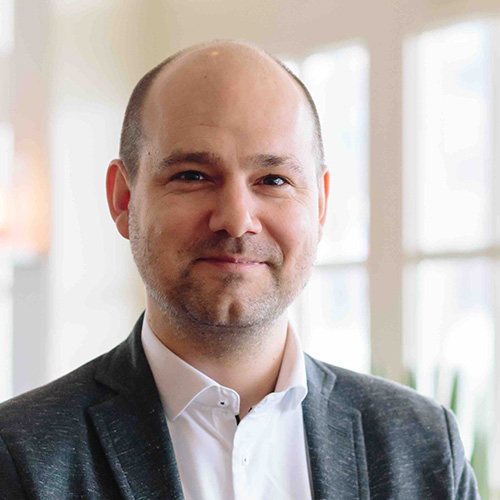HVFC Trends Research on Fundraising | Takeaway 3
Striking a balance between trust and accountability
From the challenges on reporting-, financial management-, and increasing threshold criteria, and from the challenges on getting unearmarked funding and funding for overhead costs, another underlying trend comes to the surface about trust and accountability. Although accountability was mentioned by nearly all interviewees as very important and positive, interviewees often wished to see more trust from all parties.
Donors are getting more sophisticated, they have higher expectations. With that, accountability will definitely grow as well. I see this as a positive change, especially in the public sector. We are in the business of doing good and changing society, and donors, as part of our society, are changing as well. And accountability is very important.
Ani Manavyan, Fundraiser based in Los Angeles, California, USA
There is a lack of trust from donors, resulting in expenses being increasingly traced back. On the other side, there is also a lack of trust in the private sector approach on the side of the development organizations.
Importantly, it should not be trust or accountability, it should be trust and accountability.

Why are trust and accountability out of balance?
From the side of bilateral donors, there is pressure on ODA and public funding going to development cooperation. As a result, there is fear amongst politicians regarding the spending of government money — both fear for corruption, but also for not spending money efficiently.
As mentioned in a previous blogpost, these challenges are the result of current and former socio-political trends of ‘development managerialism’ and the increasing neo-liberalization of the international development cooperation agenda since the 1990s — also called the ‘New Policy Agenda’. Because of a lack of trust expenses are being increasingly traced back and should we well accounted for. Whereas to an extent accountability is of course essential, a too heavy audit culture creates an atmosphere of distrust and risk aversion.
Nowadays, it sometimes feels as if ODA donors increasingly look at risk, and only subsequently at impact. That should be the other way around. I understand the background, but if you compare regulations on grants now to ten years ago, it really is a different story. Of course, money has to be accounted for, but let’s not make risk management leading.
Ronald Visser, Head of Donor Relations at Solidaridad
From the side of fundraisers and development cooperation there is primarily a luck in the private sector approach, making them hesitant to engage in partnerships.

How to tackle this issue?
As a fundraiser or development organization you can include testimonials or criteria related to the track record, history and impact of your organization in funding proposals to boost faith in your organization. Another solution is to improve impact measurement tools and to promote the usage of them to donors.
At the same time, it is also important for both development organizations and donors to engage in discussions about reassessing and reemphasizing the goals and values of development cooperation.
Fundraising is quite a dance. A lot of time is spent on bureaucracy rather than the impact on communities. It is time to systematically rethink the whole process from the idea through to the reporting. With that, I have seen that transparency about how much money is involved is very important.
Eve Aronson, co-founder of Fairspace
Successful partnerships require building strong relationships. This starts with building trust on the side of both the donor and the development organization. The HVFC Relationship Accelerator can help you build stronger relations with prospect donors in an engaging and cost-effective way.

Ilse Meijer
Driven by her interest for economics and data-collection and -sharing, Ilse led the very first HVFC Trends Research on Fundraising whose findings have already benefited hundreds of professionals worldwide.
About the research
HVFC has developed a new research initiative to track trends within the fundraising landscape. With the data collected we hope to analyze and explain the context of most of the challenges highlighted by our peers active in the fundraising sector. We then aim to further help you, and others, face current obstacles and anticipate future ones.
The pilot version of the research initiative was conducted throughout 2020 on fundraising professionals working across the world, from over 40 organizations, with diverse budgets ranging from less than a million to more than a billion euros. In a series of 6 blog posts we share with you the main takeaways.
stay up to date
We have at heart to be a resource to you. According to your preference, we will share insights, trainings, networking events and career opportunities that might be of interest for anyone from entry-level to seasoned professionals.
Contact
Phone
+31 (0)6 30 69 45 95
Address
Eursinge 8, 7935AB Eursinge (de Wolden), The Netherlands
228 East 45th Street, Suite 9E New York, NY 10017, USA
info@hvfc-international.com
Join us on
© 2024 HVFC International. All rights reserved.
HVFC ® is a registered trademark of HVFC International B.V.

